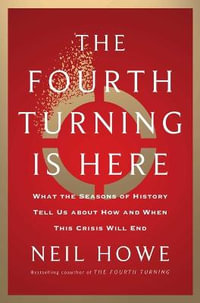Surrounding all major cities in the United States are numerous smaller communities collectively known as suburbia. The most popular place of residence in America, the suburbs are peaceful and tranquil environments, where civility prevails and disturbances of the peace are uncommon. Drawing on research, observation, and hundreds of in-depth interviews conducted during a twelve-month study of an affluent New York City suburb, M.P. Baumgartner reveals that the apparent serenity of the suburb is caused by the avoidance of open conflict. She contends that although nonviolence, nonconfrontation, and tolerance produce a superficial social harmony, these behaviors arise from disintegrative tendencies in modern culture--transience, fragmentation, weak family and communal ties, isolation, and indifference--conditions customarily viewed as sources of disorder, antagonism, and violence. A kind of moral minimalism pervades the suburbs, a disorganized social order that, with the suburbs'
rapid growth in America, promises to be the moral order of the future. A valuable contribution to the literature on social control, this study of conflict management should attract general readers and scholars alike.
Industry Reviews
"A very stimulating and well-written monography, which should be appreciated by many undergraduate and graduate students."--Contemporary Sociology
"An important contribution to our knowledge of social control in an increasingly significant segment of society, the metropolitan suburb. The study is rich with insight and understanding of the meanings of events in the context of suburban life."--Matthew Silberman, Bucknell University
"A very stimulating and well-written monograph, which should be appreciated by many undergraduate and graduate students."--Contemporary Sociology
"An important contribution to our knowledge of social control in an increasingly significant segment of society, the metropolitan suburb. The study is rich with insight and understanding of the meanings of events in the context of suburban life."--Matthew Silberman, Bucknell University


























